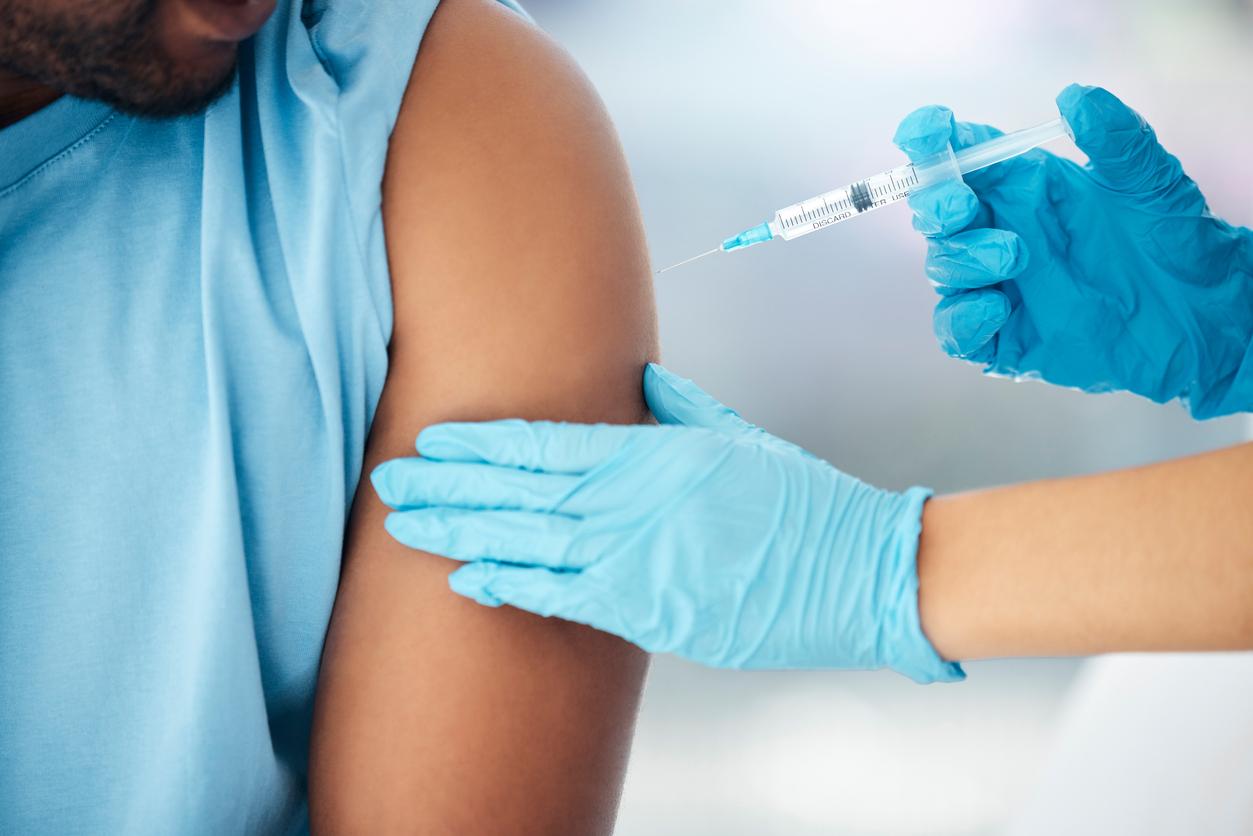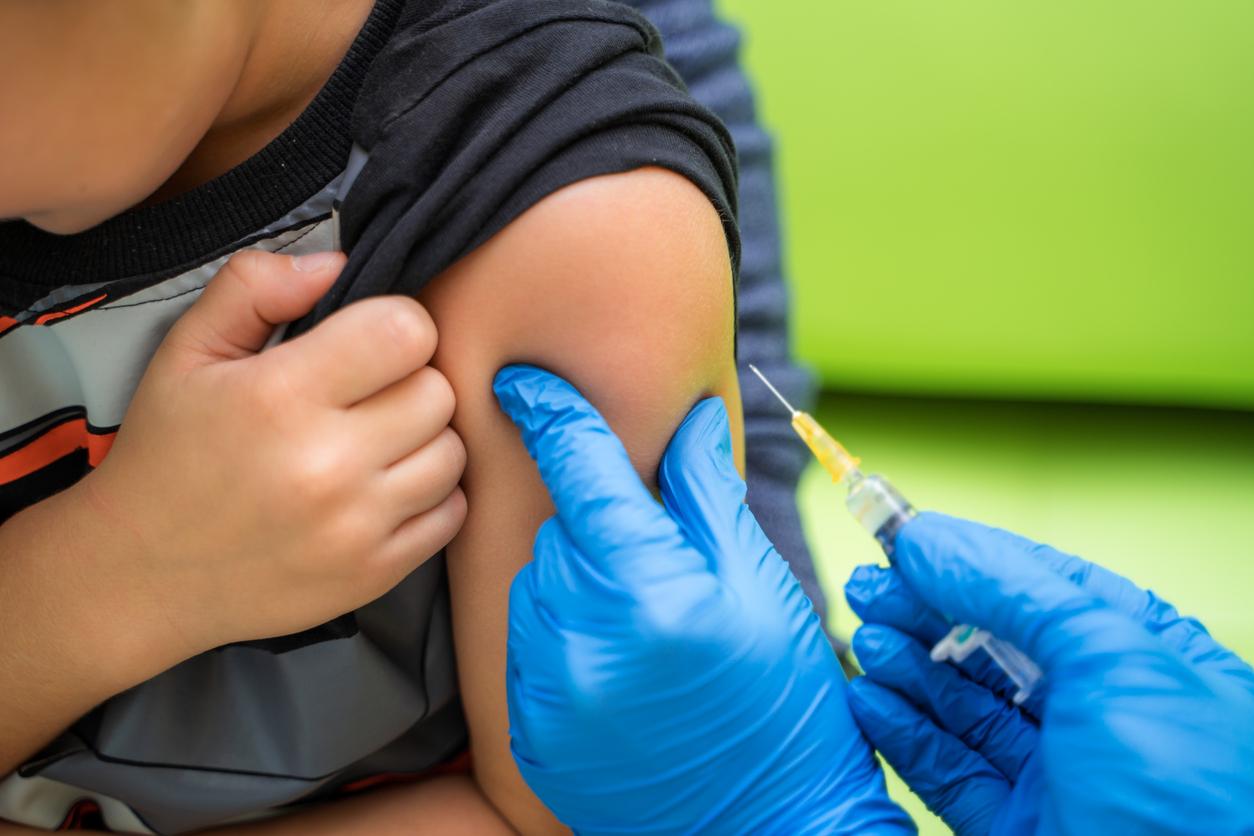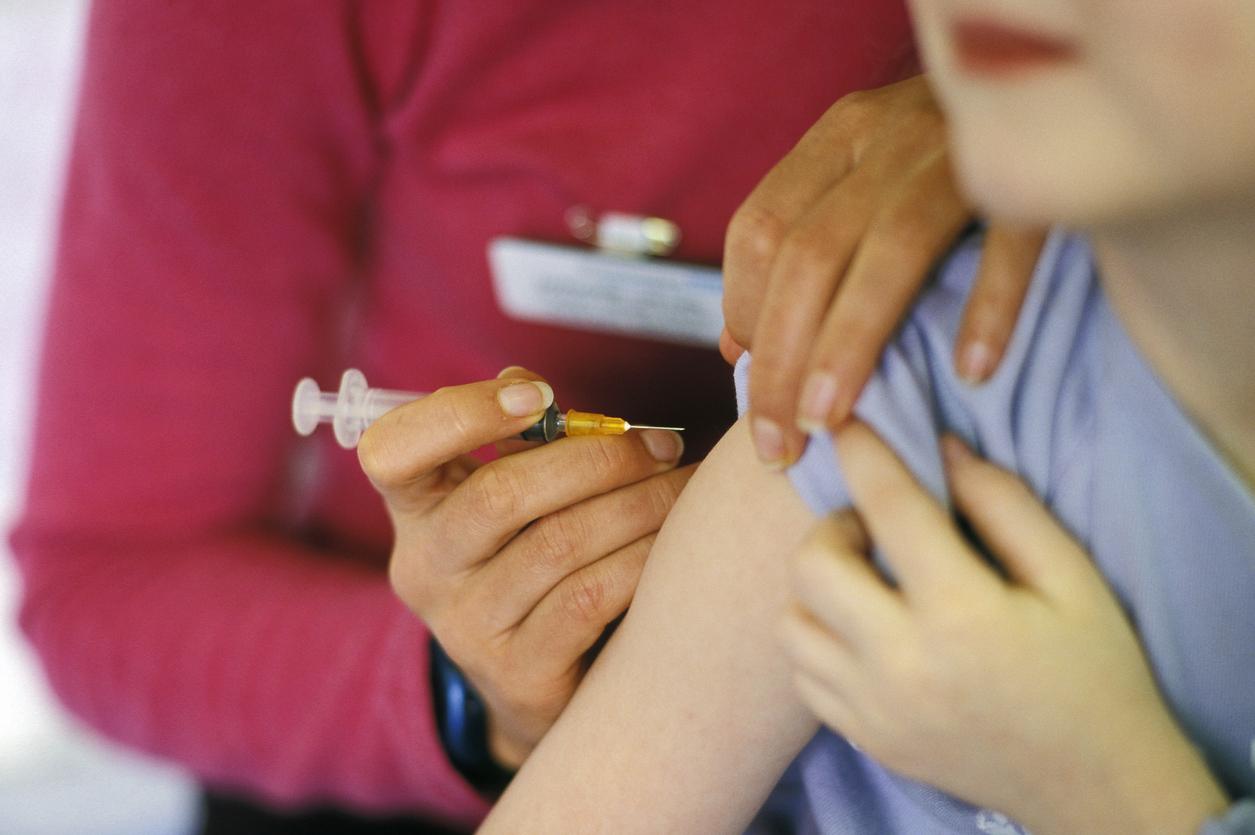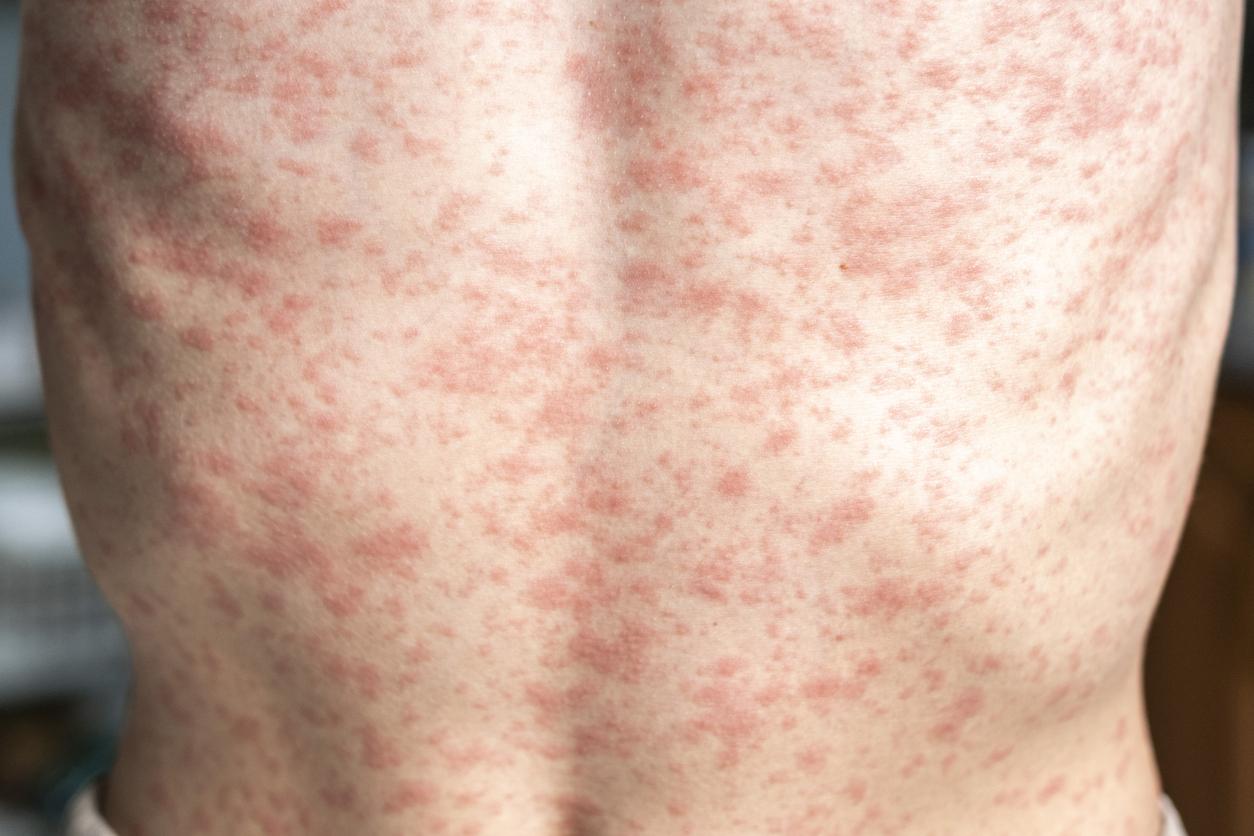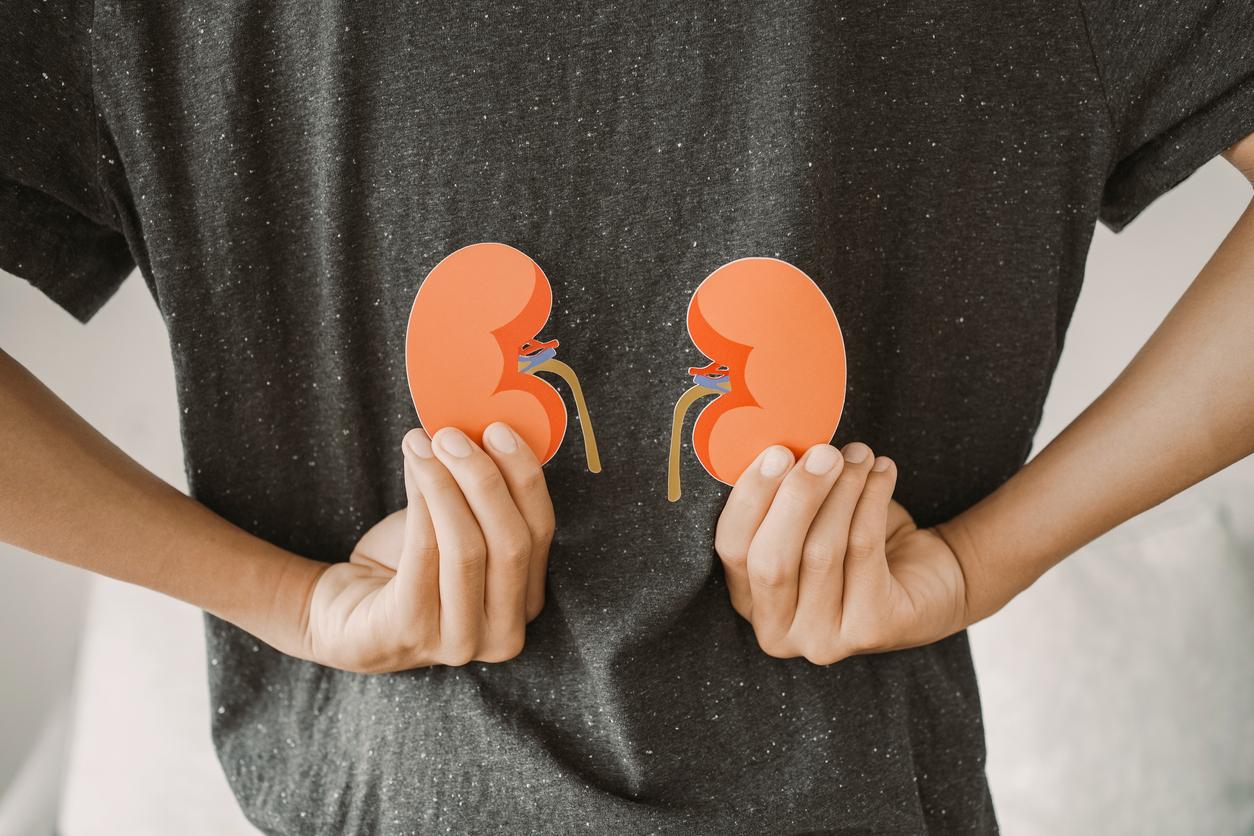
The American health authorities announced this Wednesday, January 6, 2021 that a very small part of the population had suffered from a serious allergic reaction after receiving the vaccine developed by Pfizer-BioNTech. According to the Centers for Disease Prevention and Control (CDC), one in about 100,000 people has had a severe allergic reaction after being vaccinated.
One in about 100,000 people has had a severe allergic reaction
This Wednesday, January 6, 2021, US health authorities announced that one in approximately 100,000 people has experienced a severe allergic reaction after receiving a dose of Pfizer-BioNTech’s vaccine against the coronavirus. This is according to the study of the Centers for Disease Prevention and Control (CDC) which identified 21 cases of anaphylactic shock and a severe allergic reaction, out of a total of 1,893,360 injections of the Pfizer-BioNTech vaccine. carried out between December 14 and 23.
According to Nancy Messonnier, a CDC official: “ on average, this represents a rate of 11.1 anaphylactic shocks per million doses administered “. By comparison, influenza vaccines cause about 1.3 anaphylactic shock per million doses. Even if the number of cases of severe allergic reactions remains ” exceedingly rare “, Nancy Messonnier declared:” we know how to treat anaphylactic shock and we have procedures in place at the vaccination sites “.
Different symptoms treated mainly with epinephrine
Of the 21 identified cases of anaphylactic shock, 90% of the cases were women (i.e. 19 patients). A total of 19 of the patients were treated with epinephrine, commonly used to treat severe allergies. Four patients were hospitalized, including three in intensive care, and the other 17 were treated in an emergency department. Symptoms, which occurred between two and 150 minutes after the injection of the vaccine (i.e. an average of 13 minutes) involved skin rashes, hives, a feeling of suffocation, swelling of the tongue, breathing difficulties, swollen lips, nausea, and a persistent dry cough.
While no deaths have been reported, investigations are underway to determine the cause of the allergic reactions. According to specialists, one of the hypotheses could be linked to the presence of polyethylene glycol (PEG), a substance used in many products (such as laxatives, shampoos or toothpaste) but which had never been used before in vaccines.









